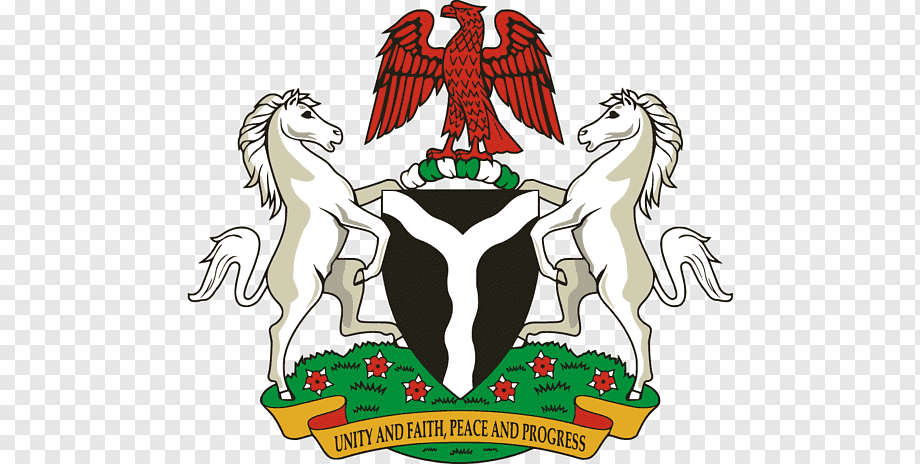News
ECOWAS: FG calls for regional cooperation to combat escalating threats of terrorism

…Violent extremism, transnational organized crime too
…Asks member states to chart forward-looking strategy to sustain momentum
The Federal Government, has called for collective action and regional cooperation to curb the escalating threats of terrorism, violent extremism, and transnational organized crime in the sub-region.
The Minister of Foreign Affairs, Yusuf Maitama Tuggar, made the call during the 53rd Session of the Mediation and Security Council of the Economic Community of West African States (ECOWAS) at the Ministerial Level which held in Abuja.
Tuggar also called on member states to chart a forward-looking strategy to bolster collective security architecture and sustain the momentum in the fight against terrorism in the sub-region.
He told the council that the agenda before the session highlighted the pressing challenges facing the ECOWAS region, saying that among the challenges were the political situation in member states where transitions, electoral processes, and governance deficits demand the body’s concerted attention.
Tuggar added that political stability was the foundation of sustainable development and regional integration, noting that it provided the conditions necessary for peace, security, and economic growth.
Tuggar said: “Without stability, the aspirations of our people for prosperity and progress will remain unfulfilled. Thus, we must redouble efforts to strengthen governance frameworks and promote inclusive, peaceful political transitions.
“Similarly, the escalating threats of terrorism, violent extremism, and transnational organized crime pose a shared burden that no single country can confront alone. These challenges underscore the necessity of collective action and regional cooperation. As the ECOWAS Regional Action Plan on the Fight Against Terrorism concludes this year, this meeting offers a critical opportunity to chart a forward-looking strategy to bolster our collective security architecture and sustain the momentum in addressing these threats.”
Tuggar further said the ECOWAS region is also faced with a dire humanitarian situation, with millions affected by displacement, food insecurity, and climate-related disasters, including devastating floods.
He stated that it was imperative that ECOWAS intensified efforts to address the challenges comprehensively, with a view to ensuring that no community is left behind.
“Today’s agenda also includes critical discussions on the operationalization of the National Early Warning and Response Centres and a presentation by GIABA on combating money laundering and terrorist financing, both are essential to strengthening regional resilience against emerging threats,” Tuggar stated.
The Minister however said that despite the challenges, it was essential to recognise the progress member states have collectively achieved.
“A notable milestone is the significant improvement in maritime security within the ECOWAS Maritime Domain (EMD), where no piracy incidents were reported in 2024. This success is attributed to enhanced maritime infrastructure deployment and the successful SAFE DOMAIN III operation conducted by Benin, Nigeria, and Togo, which safeguarded critical infrastructure and deterred illegal activities. The success of this exercise indeed showcased the power of regional collaboration.
“Furthermore, our efforts to operationalize the ECOWAS Standby Force are advancing steadily. We have already received cost implications for its activation, and at this session, we anticipate updates from the ECOWAS Commission on the modalities for mobilizing the required resources to make this initiative a reality.
“In line with the Authority’s directive to maintain regional unity, Nigeria has engaged key stakeholders, including the African Union, the United Nations, and Member States, to develop comprehensive strategies to address the challenges confronting our region. These engagements have reinforced the critical importance of solidarity and partnership in securing lasting peace and stability.
“As we look ahead, let us remain mindful that peace and stability in West Africa are prerequisites for the prosperity and development of our region. I call on all member states to renew their commitment to working together in solidarity and shared purpose to overcome the challenges we face and to build a more secure, peaceful, and prosperous West Africa,” Tuggar further said.
In his remarks, the President of the ECOWAS Commission, Alieu Omar Touray, said the ECOWAS sub-region currently stands at a crossroad in its history as a community.
Touray also said while member states are preparing to celebrate the golden jubilee of the regional integration efforts next year, member states are also faced with the impending withdrawal of some of ECOWAS member states from the community.
“While it is essential to reflect on the significant achievements made by ECOWAS over the past decades, it is also important to reflect on the future of the community with our people separated by political exigencies,” Touray said.
Daily Sun

